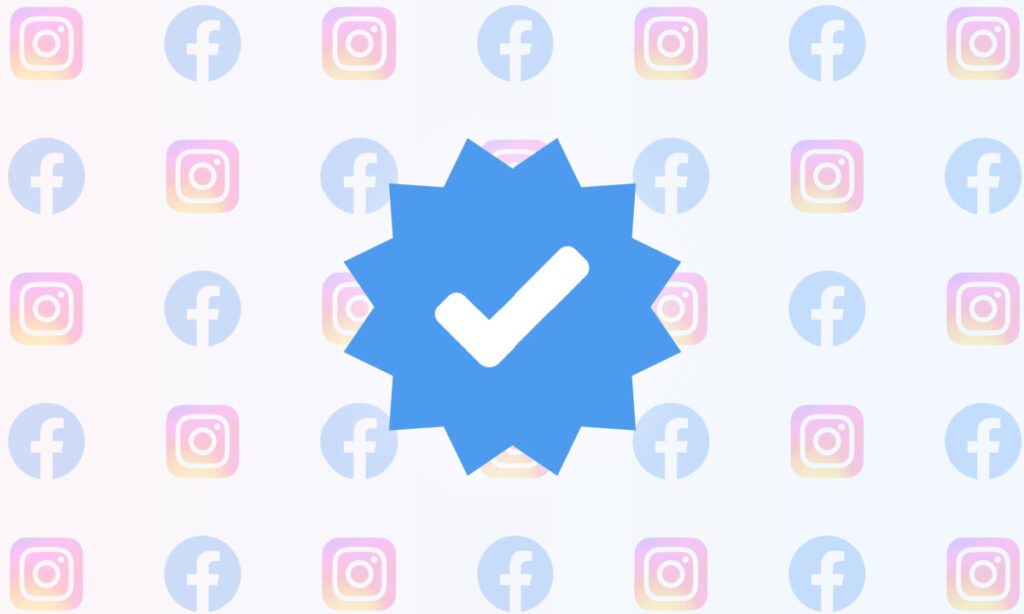Meta has announced that it is expanding its business subscription program to users in India.
The tech giant introduced Meta Verified for businesses on Facebook and Instagram last year, and recently launched subscriptions for businesses on WhatsApp.
“The expansion of our Meta Verified business service on Facebook and Instagram includes verified badges, as well as enhanced account support, impersonation prevention, and additional features to help you discover and connect,” Meta said in a blog post on Monday (July 22).
“These combined capabilities give companies the opportunity to accelerate growth and support a greater variety of business needs and activities on our app.”
The company enhanced its program offering based on business feedback and market research, according to a blog post: Business owners said they wanted to be certified because it makes them more trustworthy and gives customers peace of mind.
“Indeed, the verification badge continues to be one of the most reported reasons for joining Meta Verified,” the company said.
As PYMNTS wrote earlier this month, “social media apps are becoming increasingly involved in retail, with younger generations becoming disproportionately involved in social commerce.”
According to research from last year's PYMNTS Intelligence report, “Tracking the Rise of Digital Payments: Monetizing Social Media,” 43% of consumers browse social media to find products or services, and 14% ultimately purchase those products or services. These percentages rise to 68% and 22%, respectively, for Gen Z and 64% and 22%, respectively, for Millennials.
Additionally, a recent PYMNTS Intelligence special report, “The Zillennial Generation: How They Shop,” found that 28% of Gen Z consumers made a retail purchase in the past 30 days at least partially because of a social media influencer or celebrity, and 39% made a retail purchase at least partially because of an ad they saw on social media.
Meanwhile, PYMNTS reported last week that Meta decided to withhold its latest multimodal artificial intelligence (AI) models from the European Union, a move that stems from uncertainty over compliance with the General Data Protection Regulation (GDPR), particularly when it comes to training AI models with Facebook and Instagram user data.
“Under GDPR, individuals essentially have the right to challenge automated decisions. But as AI grows exponentially, human knowledge and understanding has not kept up,” David McInerney, commercial manager at consent and preference management platform Cathy, told PYMNTS.
A key question facing companies like Meta is whether they can explain the AI's decision-making process, the report adds.
“Companies can train AI and claim that it has made an automated decision, but if they cannot adequately explain how that decision was made then they will not be able to meet their legal obligations under GDPR,” McInerney said.


